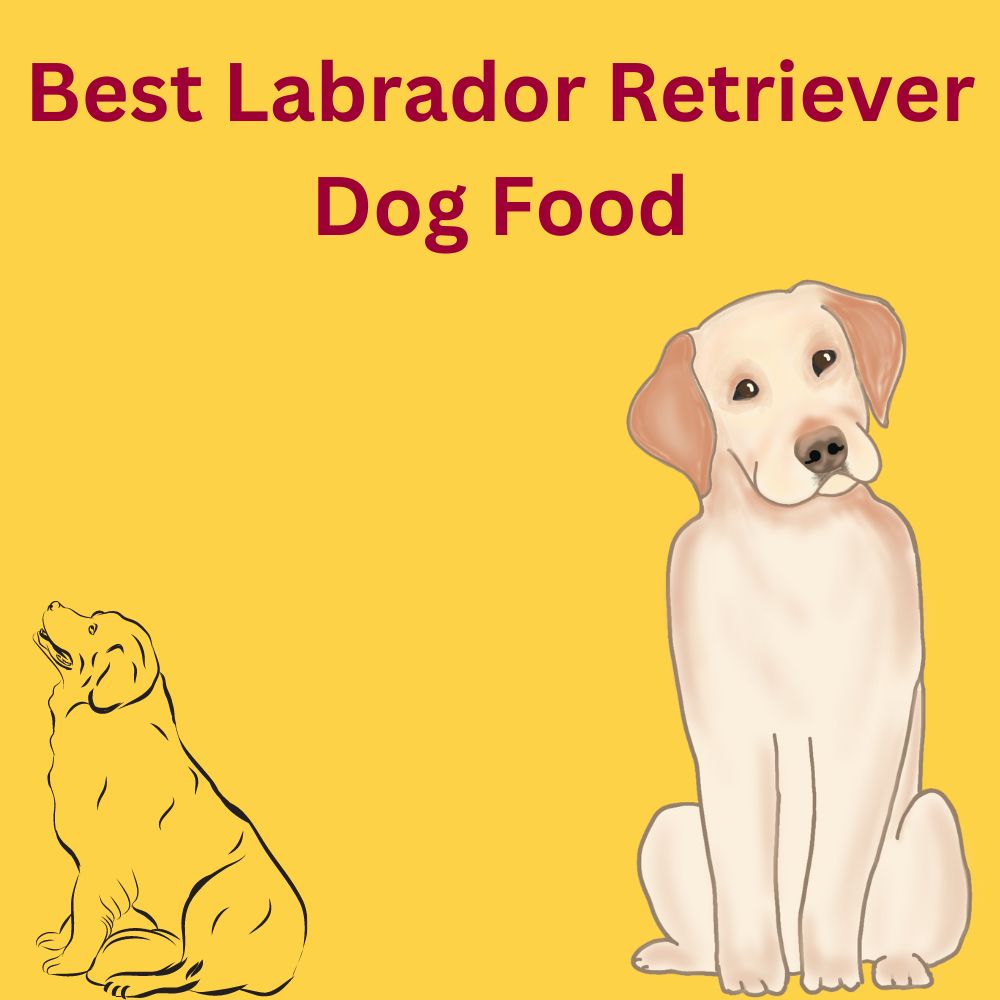Best Dog Food for Skin Allergies.
Being an animal parent can put you through a lot of stress, especially when your pet has allergies. Dog food allergies commonly manifest as hot patches, ear infections, and itchy skin. Because of this, choosing the best food for your dog may seem unachievable. But with the correct advice, you can simply select the finest dog food for skin allergies and give your pet some respite.
How to Pick the Healthiest Dog Food to Avoid Allergies
A few important considerations must be made while selecting the finest dog food for allergies. Among these are:
- The management of your dog’s allergies is significantly influenced by the quality of the components used in the diet.Best dog food for skin allergies Make sure your best food for dogs with skin allergies is getting all the nutrition he needs without any possible irritants by choosing high-quality proteins and veggies.
- Hypoallergenic: Consider switching to a hypoallergenic diet that is specifically formulated for dogs with food sensitivities. These diets use alternative sources of proteins and carbohydrates, making them less likely to trigger an allergic response.
- See Your Vet: See your veterinarian if you have any questions regarding the type of food that would be best for your dog. In addition to suggesting an appropriate diet, they may assist you in identifying the particular allergens your dog is responding to.
Present the Vegetarian Diet
Introducing a vegetarian diet is one method of managing food allergies in dogs. This entails giving your dog a diet that is entirely plant-based and free of animal items like dairy, meat, and eggs. Dogs that are sensitive to grains or have allergies to animal proteins may benefit from this.
What Are Typical Allergens in Best Dog Food for Skin Allergies?
Dogs most frequently develop allergies to wheat, poultry, lamb, and beef proteins. Soy, eggs, maize, and nuts are a few other less frequent sources of allergies in dog food.
Unlike humans, dogs cannot be screened for best dry dog food for skin allergies. Changing your dog’s protein source or doing an elimination diet trial, which involves removing all proteins your dog has ever come into contact with from their food for two to three months, are the only reliable ways to find out what allergies your dog may have. This allows the body adequate time to recover from the long-term allergy stimulation and fully get rid of the outdated protein sources.
Dog Food Allergy Symptoms
To be able to recognize them in your pet, you must be aware of the typical signs of dog food allergies. Here are a few indicators that your dog might be suffering from a food allergy:
- Skin irritation and persistent hot areas
- Chronic ear infections
- Digestive issues such as diarrhea, vomiting, or gas
- Dull coat and excessive shedding
For an accurate diagnosis, it is advisable to speak with your veterinarian if your dog exhibits any of these symptoms.
The Greatest Allergy-Friendly Dog Food
The finest dog food for allergies ought to be produced with premium ingredients and free of common allergens. Among the best choices are:
- Limited Ingredient Dog Food: These diets use a single source of protein and carbohydrate, making it easier to pinpoint any potential allergens.
- Hypoallergenic Dog Food: As was previously said, these diets are designed especially for dogs who have dietary sensitivity and incorporate different types of carbohydrates and proteins.
- Homemade Diets: If you’d rather be in charge of your dog’s nutrition, you might want to prepare meals at home that are specifically suited to their sensitivities. But before making the switch to a homemade diet, you must speak with your veterinarian or a canine nutritionist.
Canine Hypoallergenic Food: What Is It?
Dog food labeled as hypoallergenic is prepared with a limited number of basic components and a unique protein that isn’t commonly found in most commercial Limited Ingredient Dog Food. The ingredient list is typically brief and made from of foods that puppies are unlikely to have encountered, such as potatoes and duck, venison, or even kangaroo, along with some veggies.
Food containing a small number of unusual components helps pet parents steer clear of the things that typically set off their dog. Although you won’t have much luck picking any old bag of “hypoallergenic” food off the shelf, it can be quite helpful. To begin with, you need to be well-informed about what your pet is best salmon dog food for skin allergies to, or where you would want to start testing, in order to choose which hypoallergenic dog food to purchase.
Indications Your Dog May Have a Food Allergy
If you suspect that your dog may have food allergies, there are some signs you can look out for. These include:
- Excessive itching and scratching, particularly around the face, paws, or ears
- Redness and irritation on the skin
- Chronic ear infections
- Digestive issues such as diarrhea, vomiting, or gas
It is best to speak with a veterinarian for an accurate diagnosis and course of treatment if you observe any of these symptoms in your dog.
How to Diagnose Food Allergies in Your Dog
Dog food allergies can be difficult to diagnose since they frequently need a process of elimination. In order to pinpoint the allergy causing the problem, your dog’s veterinarian may advise an elimination diet in which certain substances are progressively cut out of their best grain-free dog food for skin allergies. To identify any environmental or dietary allergies, tests for blood allergies and skin allergies may also be performed.
What Do Dog Allergies Entail?
Canines can experience allergies, just like people do. When the body’s defenses overreact to a normally harmless chemical, an allergic reaction could result. Dog pain and health problems may result from this, which can be brought on by a variety of environmental or best limited ingredient dog food for skin allergies.
What Are Common Dog Food Allergens?
Some of the most common dog food allergens include:
- Grains such as corn, wheat, and soy
- Dairy products
- Chicken and other poultry
- Beef
- Eggs
It is essential to carefully read ingredient labels to ensure that your dog’s food does not contain any potential allergens.
FAQs About Dog Food Allergies
1. Can I give my dog rice every day if they have allergies?
Yes, you can give your dog rice every day as long as they are not allergic to it. Rice is a good source of carbohydrates and can be easily digested by dogs with food sensitivities.
What foods, if my dog has allergies, should I not feed them?
Grain products, dairy products, poultry, beef, and eggs are a few frequent foods that might cause allergies in dogs. It is essential to speak with your veterinarian if you think your dog may have a food allergy, though, as each dog may respond differently to different foods.
3.What Are Common Dog Food Allergens?
Dog food allergies, regrettably, have no known treatment. Finding the allergy and removing it from your dog’s diet is the best strategy for managing them. As their immune systems get stronger, allergies may sometimes get better or go away.
Can allergies to dog food be treated naturally?
When their dogs exhibit symptoms of food allergies, some pet owners turn to natural solutions like probiotics or fish oil. Natural cures might not work for every dog, so it’s important to speak with your veterinarian before using any.
5. Can I switch my dog’s food if they have allergies?
It is possible to change your itchy skin best dog food for allergies if they have allergies, but you must do it gradually. Abruptly altering your dog’s diet may exacerbate their symptoms and lead to stomach problems. It is best to check with your veterinarian on how to safely transfer your dog’s diet.




